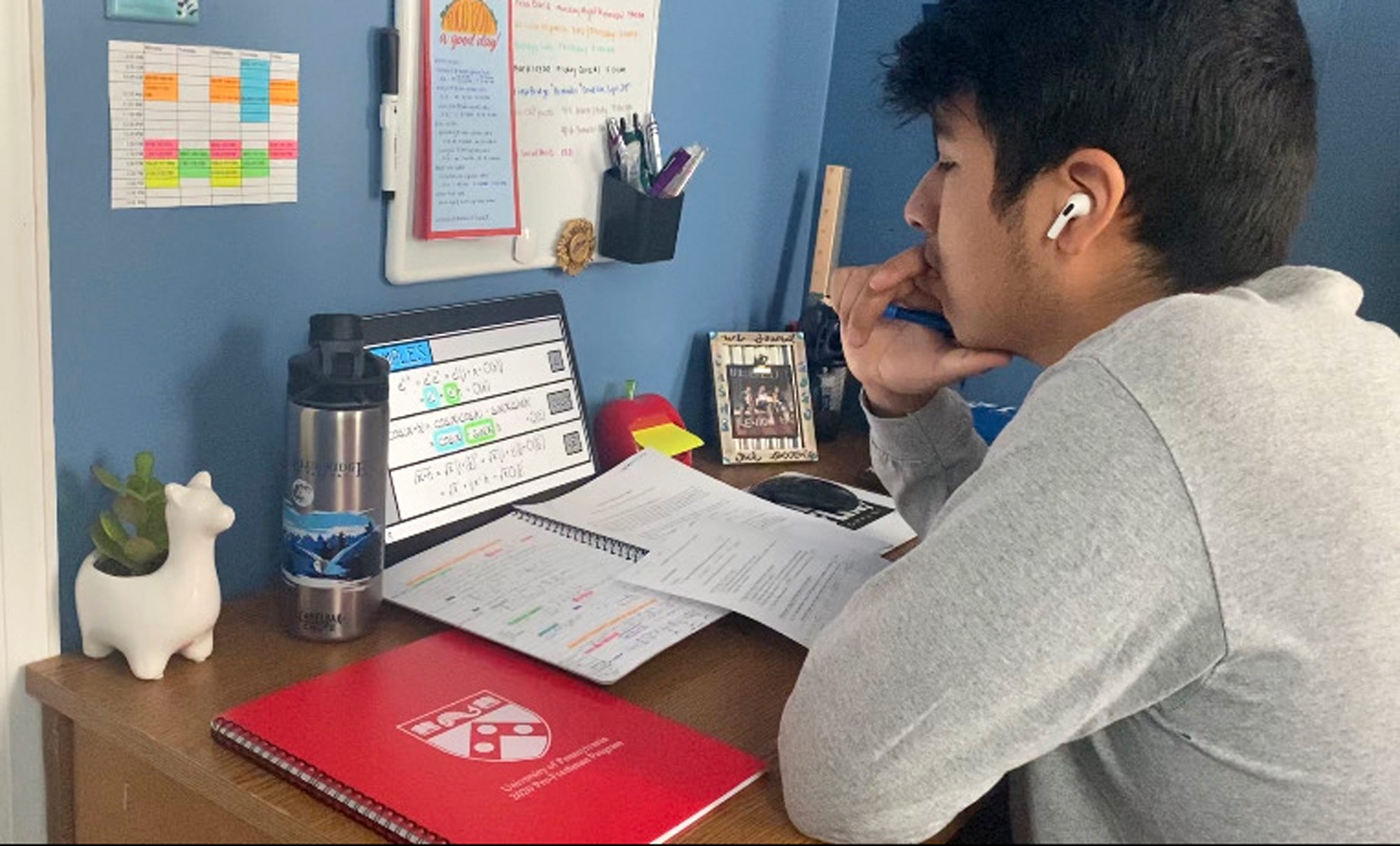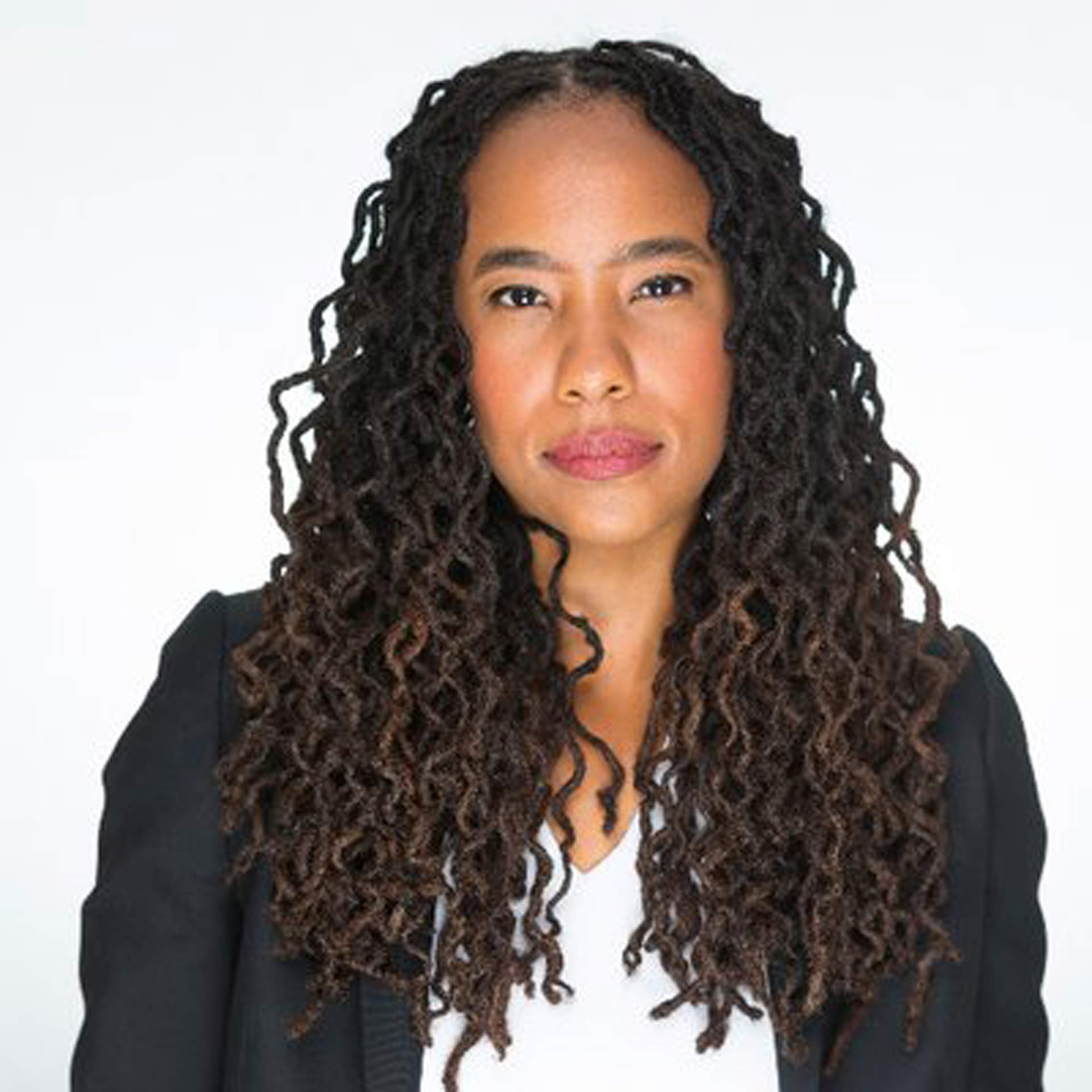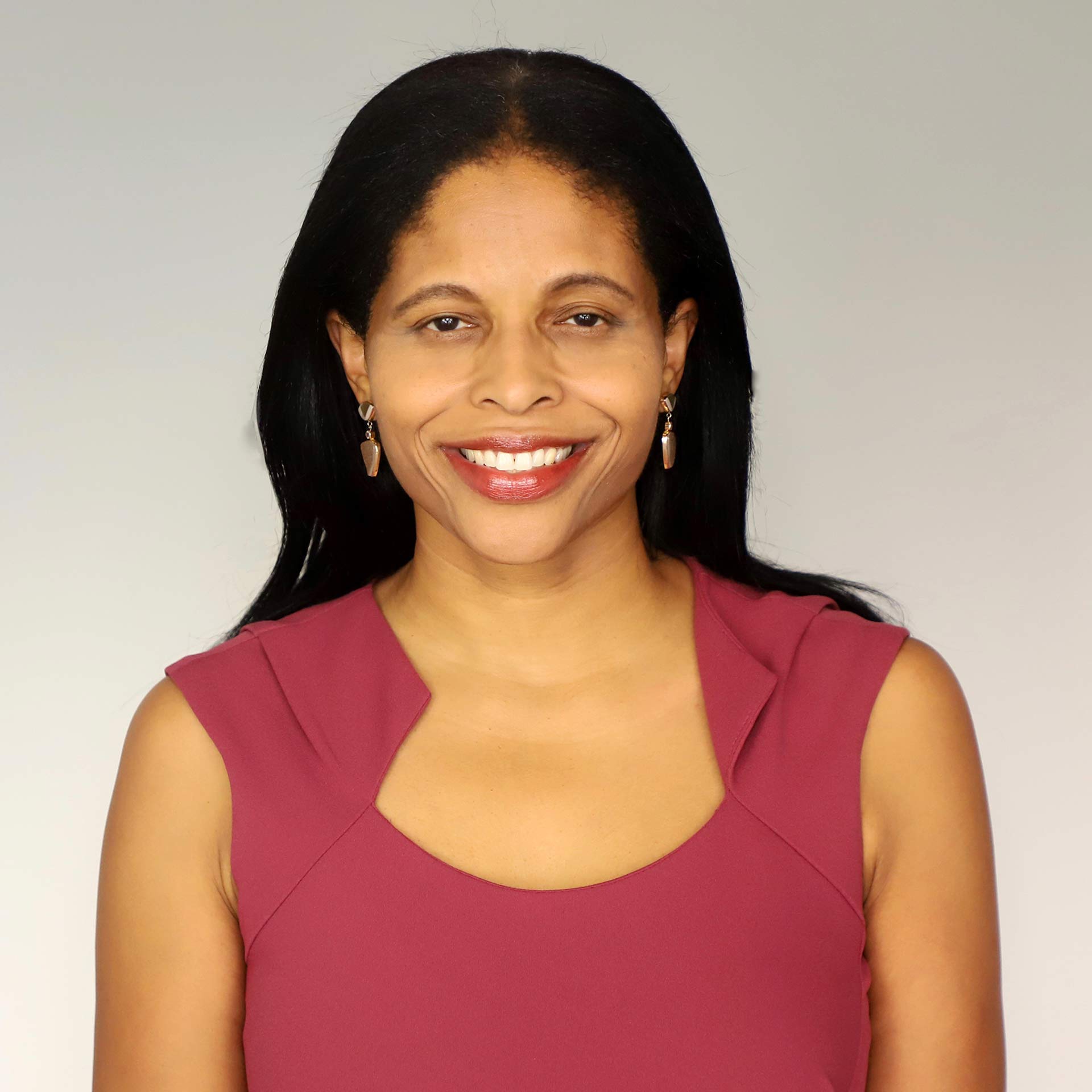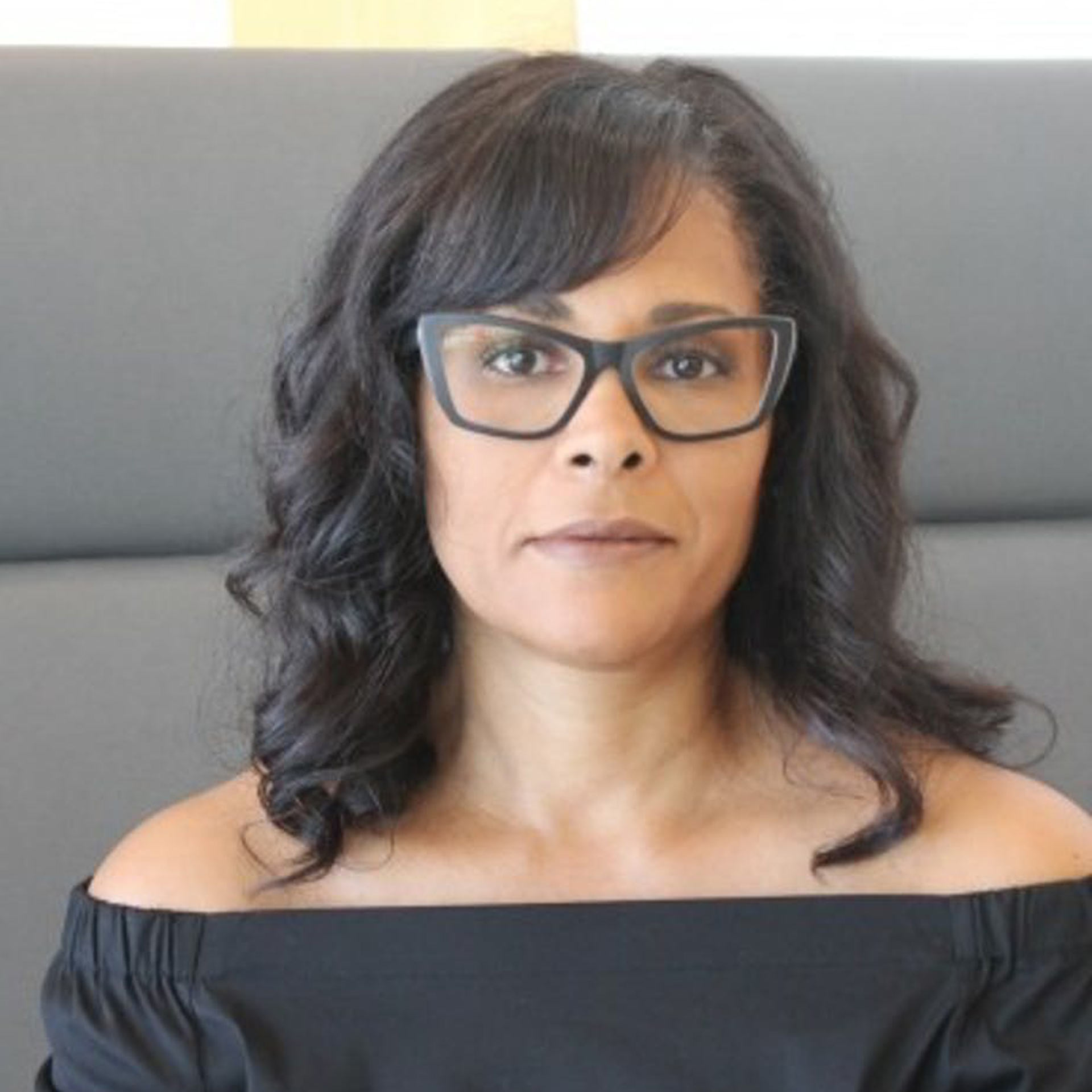Dancing in public makes most people vulnerable. That’s why Jasmine E. Johnson, Assistant Professor of Africana Studies, concluded her course on Black popular culture in this year’s Center for Africana Studies Summer Institute for Pre-Freshmen by having students participate in a series of call-and-response choreography—without shutting off their webcams.
“I wanted to show how the stakes are raised when you put your body on the line and become accountable to other people. The purpose was not to get it right, but to be part of a community and think about the political value and power of dance—a medium that’s just as important as literature or film,” Johnson says.
Fostering community is a top goal of the Center for Africana Studies Summer Institute, which draws incoming freshmen for a tuition-free, week-long deep dive into intellectual and cultural themes in African and African diaspora studies. Held July 18-24, the program’s 34th rendition faced first-time challenges as the COVID-19 pandemic forced intimate, interactive activities to move onscreen.
However, Johnson says, “Just because something is virtual doesn’t mean there is not a certain kind of proximity. People think virtual formats create distance between us, but when used inventively like they were in this program, they can be tools in building robust communities.”
Just because something is virtual doesn’t mean there is not a certain kind of proximity. People think virtual formats create distance between us, but when used inventively like they were in this program, they can be tools in building robust communities.
Seventy-seven students representing all four Penn undergraduate schools—the College of Arts & Sciences, Nursing, Engineering and Wharton—enrolled in the 2020 summer institute, each choosing two of the six courses offered. Every student was matched with a graduate fellow who provided support both academically and personally; undergraduate Africana studies students and summer institute alumni also served as mentors to prepare this year’s cohort for the college experience and course work well as build community.
Eduardo Mejia-Garcia, C’24, who plans to major in neuroscience, connected with his new peers through class discussions as well as virtual game nights. “Everybody was so welcoming, it felt like a small community I really belonged in,” he says, noting that he grew especially close with “his” graduate fellow, Joseph Thomas, a Ph.D. student in English.
“I don’t have an older brother, but Joseph is like one now. I could go to him with anything. He is a big role model for me and really helped me develop as a writer,” says Mejia-Garcia, whom the summer institute benefitted intellectually as well as socially. He’d read some Black literature in high school classes but never approached it the way summer institute faculty did.
“Instead of just looking at the literary aspects of a novel, we got a deeper cultural understanding through ideas of the African diaspora and colonialism and intersectionality, which were completely new to me,” he says of “Black Cool,” a course taught by Margo Natalie Crawford, Edmund J. and Louise W. Kahn Professor for Faculty Excellence and Director of the Center for Africana Studies. “I learned more about Africana studies in one week of the summer institute than in the past four years.”
As rigorous as their courses were, students were able to enjoy themselves. Architecture major Jayla Rhodes, C’24, recalls analyzing the Netflix show “Dear White People,” which depicts Black students’ experiences at an Ivy League institution, in “Young, Gifted and Diverse,” taught by Camille Z. Charles, Walter H. and Leonore C. Annenberg Professor in the Social Sciences and Professor of Sociology and Africana Studies, who also directed the summer institute.
We create spaces for students to have conversations about racism, race relations, inequality, and other topics in our courses, and we do this in a way that engages everyone.
“In educational spaces, whenever I forget I am actually doing work, that’s when I get excited. While talking about the show and tying it to Dr. Charles’s research, I was thinking, ‘This all makes so much sense,’” she says. “I was having a great time in this open discussion where we all learned from each other. It was one of those ‘Learning is fun’ moments.”
“This is an important part of what we, as faculty, do in the summer institute,” says Charles. “We create spaces for students to have conversations about racism, race relations, inequality, and other topics in our courses, and we do this in a way that engages everyone. We participate in an active, vibrant learning experience, one that is impactful and transformative for both students and faculty.”
During a year of multiple pandemics, “one of them being anti-Blackness,” Jasmine Johnson says, candid conversations are essential.
“Students appreciated the opportunity to talk explicitly and develop ways to make sense of what’s going on,” she says. “From the start of their undergraduate careers, these students know there is no way to understand global history without understanding Black people—not just their extraordinary contributions, but the embeddedness of race and power in our world.”






